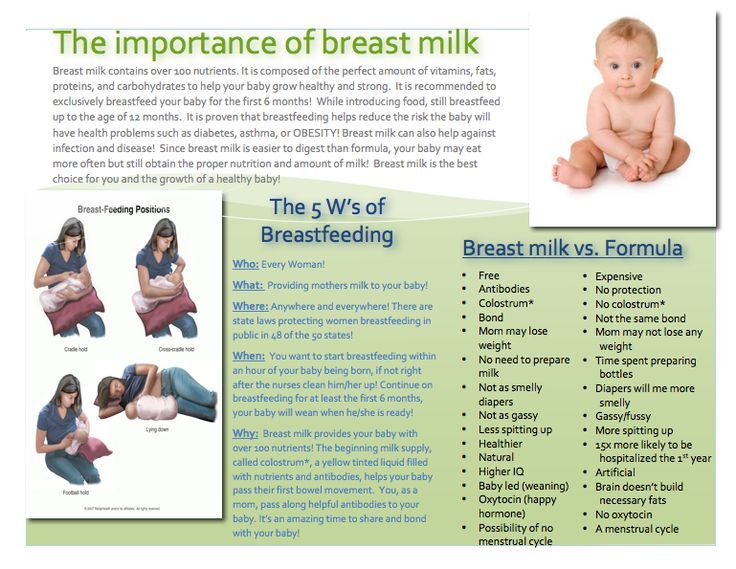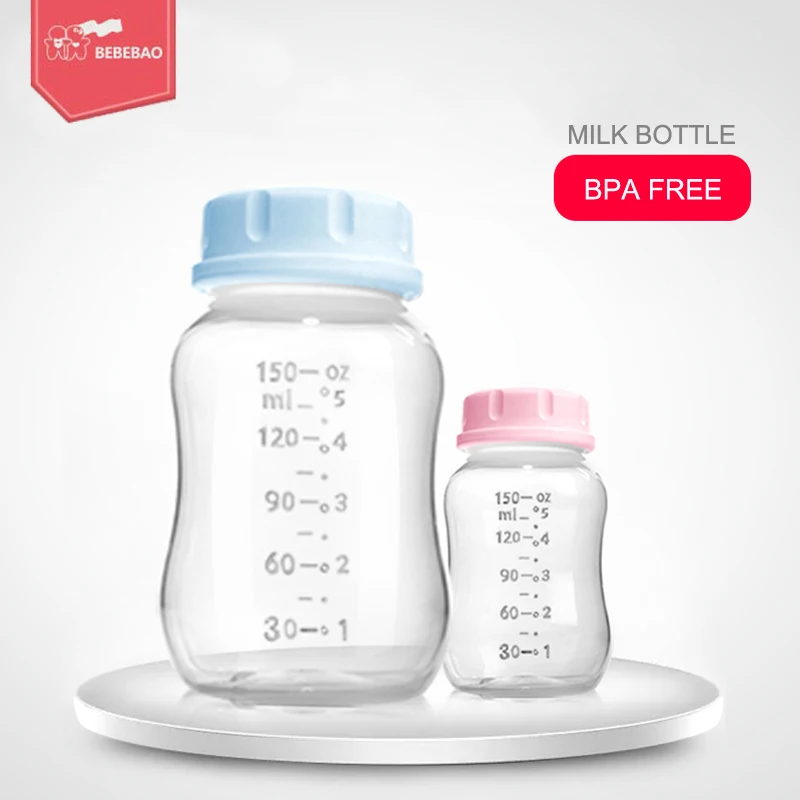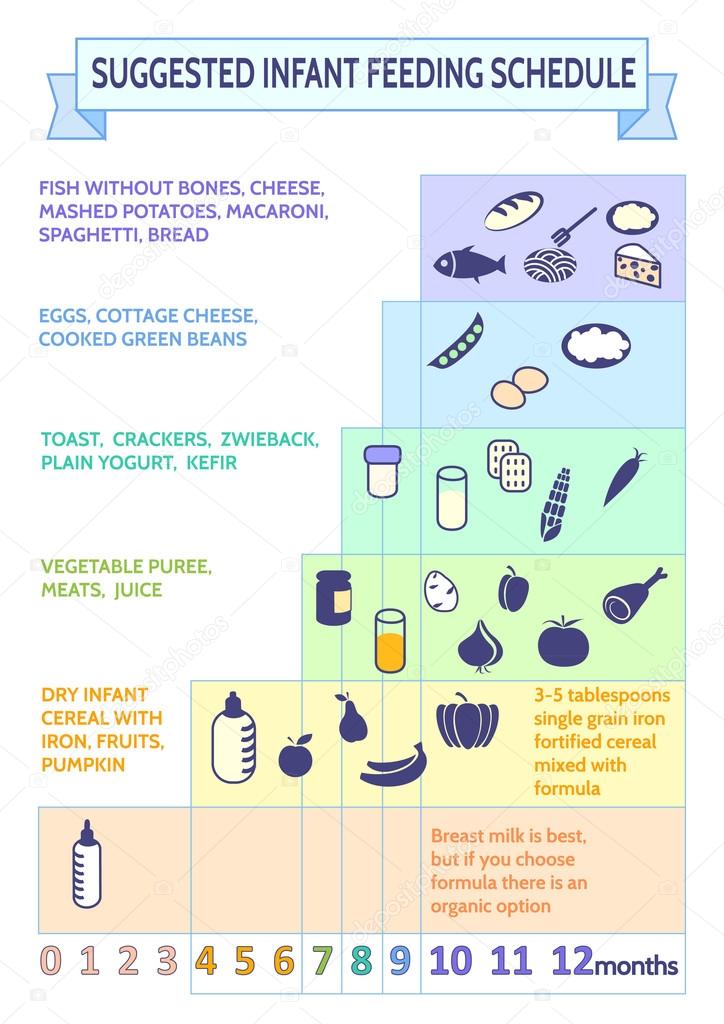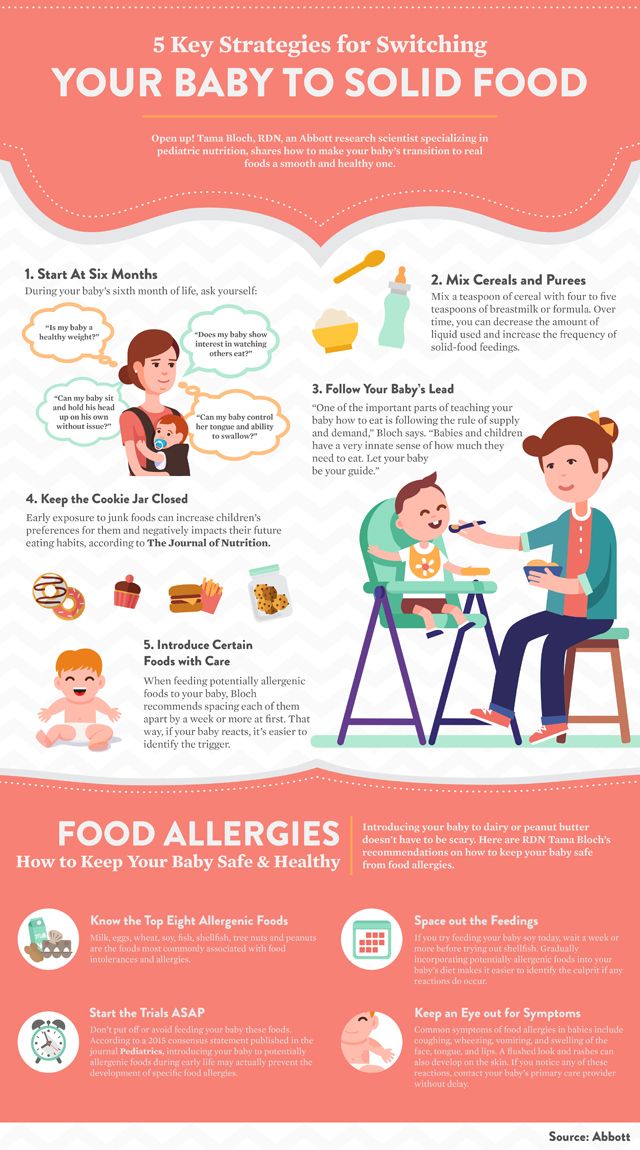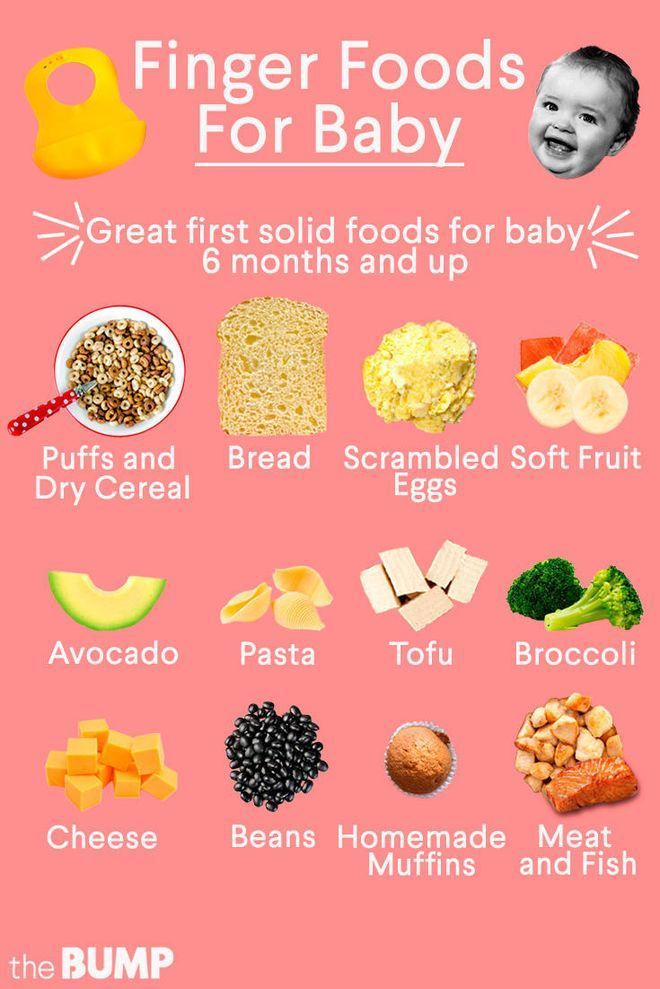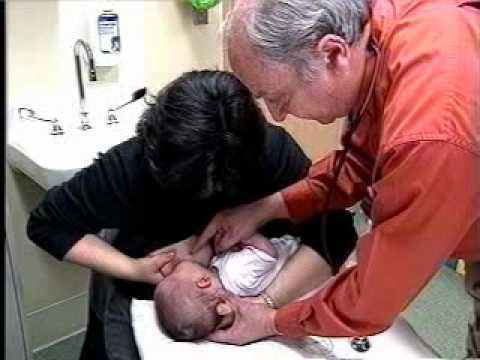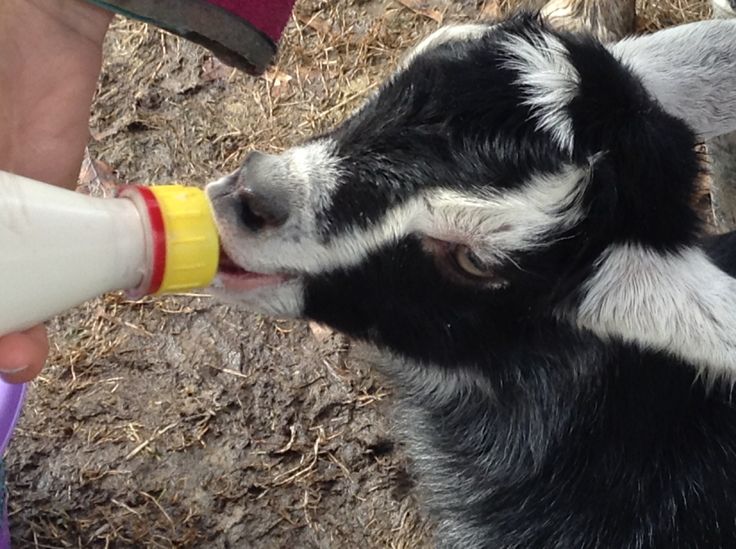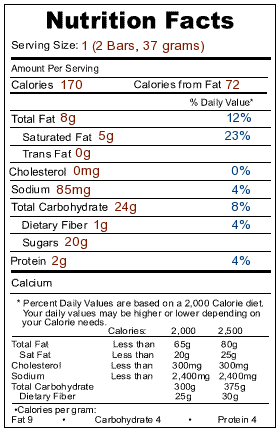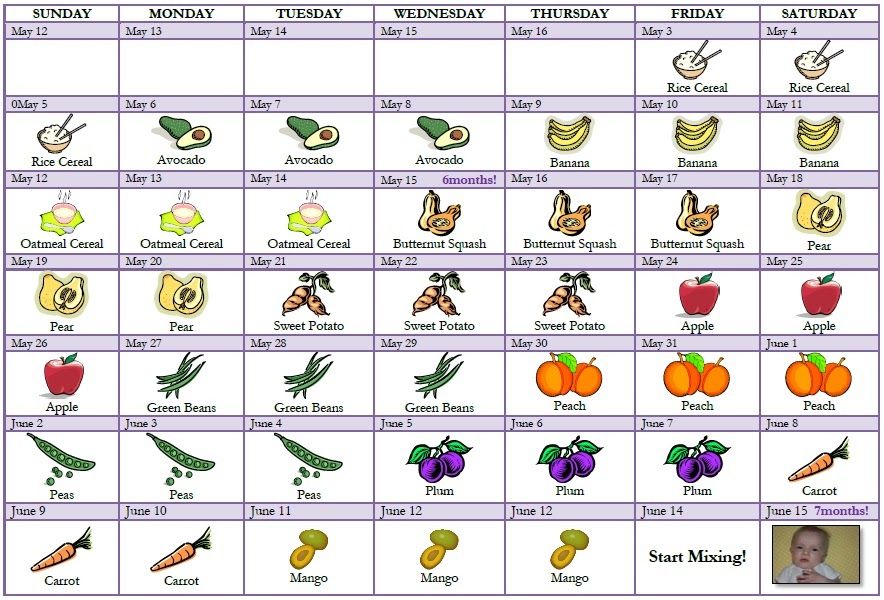Baby not feeding after birth
Breastfeeding sleepy and reluctant babies
Go backExplore this article's topics:
Feeding Breastfeeding Common breastfeeding challenges
There are lots of reasons why your baby may be reluctant to feed. It doesn’t mean you aren’t doing a good job as a mum. Don’t put too much pressure on yourself to know all the answers straight away and speak to your midwife or health visitor if you have any questions or concerns, or are looking for ways to make feeding more comfortable.
How often should my baby feed?
All babies are different, but it's very common for babies not to feed all that much in the first 24-48 hours, and some don't attach at all. However, from day 2-3 days babies should become much more awake and feed in more frequent (but probably irregular) bursts at least 6 times in 24 hours.
How do I know if my baby's getting enough milk?
Photo of a baby breastfeeding
Breastfeeding at first can be really hard to get used to and you might find yourself wondering if your baby has had enough milk - it can be very hard to judge how much breastmilk your baby has had, but they are clever wee things and you have to have some faith that your baby knows whether it needs more milk. There are signs to look out for if you think your baby isn't getting enough milk.
Why are some babies reluctant to feed?
This happens most often when babies don't get skin-to-skin contact with mum soon enough or for long enough after the birth. Ideally, you want skin-to-skin contact with your baby straight away and for as long as it takes for your baby to want to feed. If you don’t have any complications, your midwife will help you get skin-to-skin with your baby quickly after they are born. Some reluctant babies are just too tired, sore, or sedated to feed after birth, and others can't because they are premature, ill or jaundiced.
What if I miss my baby's signs that they're hungry?
New mums sometimes miss or don't understand their baby's feeding signs – our page about learning your baby's cues explains what you should be looking for. Don’t worry if it takes a while to get used to when your baby wants a feed – it's something you are both learning together and it's baby steps for both of you.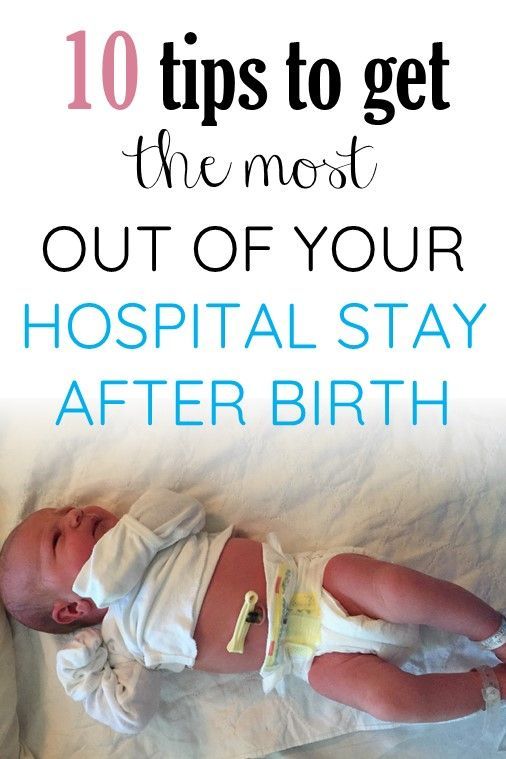 It's completely understandable to be worried about how much milk your baby is getting if they're not feeding in the early hours and days. It might help to know that babies are born with several days' supply of fluid and stored fat to get them by until they're ready to feed.
It's completely understandable to be worried about how much milk your baby is getting if they're not feeding in the early hours and days. It might help to know that babies are born with several days' supply of fluid and stored fat to get them by until they're ready to feed.
What's the solution?
Your midwife will check in on you to make sure your baby is well and to help you spot the signs that they're ready to feed – remember you can ask your midwife (in the hospital or at home) to help show you how to get in a comfortable position to help get your baby feeding. This video shows just this – very often all it takes is some help with positioning, skin-to-skin contact and a little patience!
Top tips to encourage a reluctant or sleepy baby to breastfeed
Tip #1: Hand expressing to keep your milk supply up
Start hand-expressing your colostrum – this is the first milk you make, and helps protect your baby from illness and infection. You can give this to your baby by syringe, spoon, dropper or cup. Expressing helps to build a good milk supply for when your baby is ready to feed. If this is your first time breastfeeding, it will take some time to get used to expressing your milk. You can find out more about expressing here.
You can give this to your baby by syringe, spoon, dropper or cup. Expressing helps to build a good milk supply for when your baby is ready to feed. If this is your first time breastfeeding, it will take some time to get used to expressing your milk. You can find out more about expressing here.
In the first couple of days you only make small amounts of colostrum so don’t become disheartened if it is difficult or takes time. It will get easier as each day and week goes by.
Tip #2: Try lots of skin-to-skin contact
Aim for lots of skin contact and being close to soothe your baby and give them the opportunity to feed.
Tip #3: Try to find a comfortable feeding position
Biological 'laid back' breastfeeding positions can help encourage babies to feed. Your midwife will be able to show you comfortable ways to feed. You can find out more about feeding positions here.
Tip #4: Get your baby ready for a feed
Massaging your baby's skin, changing their nappy and expressing a little milk for them to taste can help get your baby interested in feeding.
Tip #5: Don’t force your baby to feed
Don’t push your baby by the head or try to force them to feed as this could put them off completely.
Getting to know your baby
Learning your baby's cues
Signs your baby isn't getting enough milk
Refusing the breast
Looking after yourself with a newborn
The Scotland wide donor milk bank
This article was created as part of
Last updated: 31 May, 2022
My Baby Won’t Breastfeed - La Leche League GB
This page is about young babies who have never breastfed or who get very upset when offered the breast. If your baby was breastfeeding well but is now refusing, see our page on “nursing strikes”. Sometimes, a new difficulty with feeding is the first sign that the baby is becoming unwell. If you are not sure that your baby is well, please contact your doctor.
If your baby was breastfeeding well but is now refusing, see our page on “nursing strikes”. Sometimes, a new difficulty with feeding is the first sign that the baby is becoming unwell. If you are not sure that your baby is well, please contact your doctor.
When a baby doesn’t breastfeed after birth, it can be upsetting, confusing and frustrating. You might wonder whether you’re doing something wrong, or even whether your baby likes you. It’s hard not to take it personally!
Babies are ‘hardwired’ to breastfeed – it is an essential survival behaviour. When a baby doesn’t breastfeed, it’s never because they don’t want to. Something is making it hard for them. Babies are never “lazy” or “difficult” – they always do the best they can. So do their mothers!
When it’s taking time for breastfeeding to get going:
- Keep your milk flowing
- Keep your baby fed
- Keep your baby close
If you do this, your baby is very likely to breastfeed when they are ready. Time, patience, and good feeding support are usually all you need.
Time, patience, and good feeding support are usually all you need.
This useful summary of the “3 Keeps” can be downloaded as a free A4 poster here.
You can read more about getting breastfeeding on track after a difficult start here.
Why isn’t my baby breastfeeding?
After a straightforward birth, most well, full-term babies will start feeding within an hour or so. Not all babies have such an easy start, though. Babies can take longer to start breastfeeding if:
- They had a more complicated birth. Babies born with the aid of forceps, for example, often take a few days to recover and feed well. If you had pain medication in labour, your baby may be sleepy and uncoordinated at first.
- Your baby was born early, or small for their gestational age. See also breastfeeding premature babies and late preterm babies (those born between 34 and 37 weeks). Even being born one or two weeks early can mean that your baby takes longer to start breastfeeding.
 It might take until around your baby’s due date, or a little longer, before they are ready to feed well.
It might take until around your baby’s due date, or a little longer, before they are ready to feed well. - You and your baby were separated after birth because one or both of you needed medical care.
- Your baby is very sleepy and doesn’t yet have enough energy to breastfeed. See also sleepy baby and newborn jaundice.
- Your baby is unwell.
- Your baby is uncomfortable, e.g., some babies have a sore head or sore shoulder after birth.
- Your baby has low muscle tone (hypotonia).
- Your baby has a physical challenge such as tongue-tie.
You have plenty of time
Parents sometimes worry that if their baby isn’t breastfeeding well, or at all, in the first few hours, days or weeks after birth, it will never happen. While breastfeeding in the first hour after birth is ideal, the window of opportunity for babies to start breastfeeding is much longer than this. The feeding reflexes, which keep babies seeking and attaching to the breast, last for at least two to three months after birth. We have seen many babies start breastfeeding older than three months, too! There are even reports of children over a year old starting to breastfeed, when placed for adoption with a lactating mother. Where there is milk, there is always the possibility of breastfeeding.
The feeding reflexes, which keep babies seeking and attaching to the breast, last for at least two to three months after birth. We have seen many babies start breastfeeding older than three months, too! There are even reports of children over a year old starting to breastfeed, when placed for adoption with a lactating mother. Where there is milk, there is always the possibility of breastfeeding.
Photo: Jen Valsler
First things first
Sorting out breastfeeding problems can feel overwhelming. There seems to be so much to do, and you might feel you have to do it all at the same time! It is helpful to know what is urgent and what can wait. This can help you to work out what to do in what order, and how best to use your time and energy. Feeding at the breast is the least urgent thing, at this stage.
If your goal is to have a full milk supply (enough milk to meet all your baby’s needs) but you need to use donated breastmilk or formula at the moment, or if your baby is not growing well just on your milk, then making more milk is the top priority. This is more urgent than your baby starting to feed at the breast.
This is more urgent than your baby starting to feed at the breast.
If your baby is not breastfeeding at all yet, or is not breastfeeding effectively, you can express your milk. This gives you milk to feed your baby now and encourages your breasts to make plenty of milk for the weeks and months to come.
Your breasts may temporarily become swollen and uncomfortable, starting around 2-4 days after birth. This is called “engorgement” and is a sign that your breasts are becoming more active (though not all mothers feel it). It is important to treat engorgement, to keep your breasts comfortable and your milk flowing well. Read more here: Engorged breasts – avoiding and treating.
Read here about how milk production works and how to increase your milk supply.
You can find information here on how to use bottles and other feeding tools.
Exclusive Expressing
Expressing all the milk your baby needs is known as “exclusive pumping” or “EP”. You can read more here.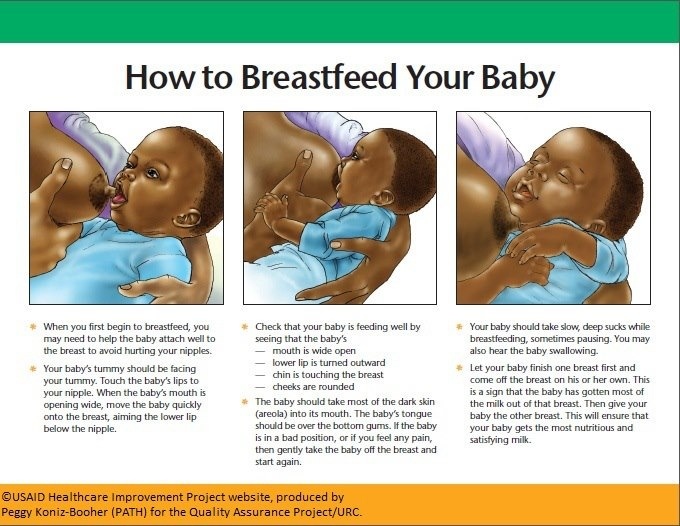 Some mothers choose to do this; many do it because their babies are not able to breastfeed. You might find it helpful to join an online support group for “EP mums”.
Some mothers choose to do this; many do it because their babies are not able to breastfeed. You might find it helpful to join an online support group for “EP mums”.
If you need to express your milk for a baby who is not breastfeeding yet, it is important to work with a skilled breastfeeding supporter. You might also want to connect with other mothers who have needed to express milk – they can be your best cheerleaders while you do this important job! Your local La Leche League group would love to support you.
Setting the scene for breastfeeding – happy time at (or near) the breast
Most babies need only time, patience, and gentle encouragement to help them start breastfeeding. Babies are born expecting to breastfeed, with a set of reflexes to help them do it. We need to keep them well fed (with expressed or formula milk), give them lots of relaxed time near the breast, and…. give the baby time.
Here are some ideas to try:
- Hold your baby skin-to-skin.
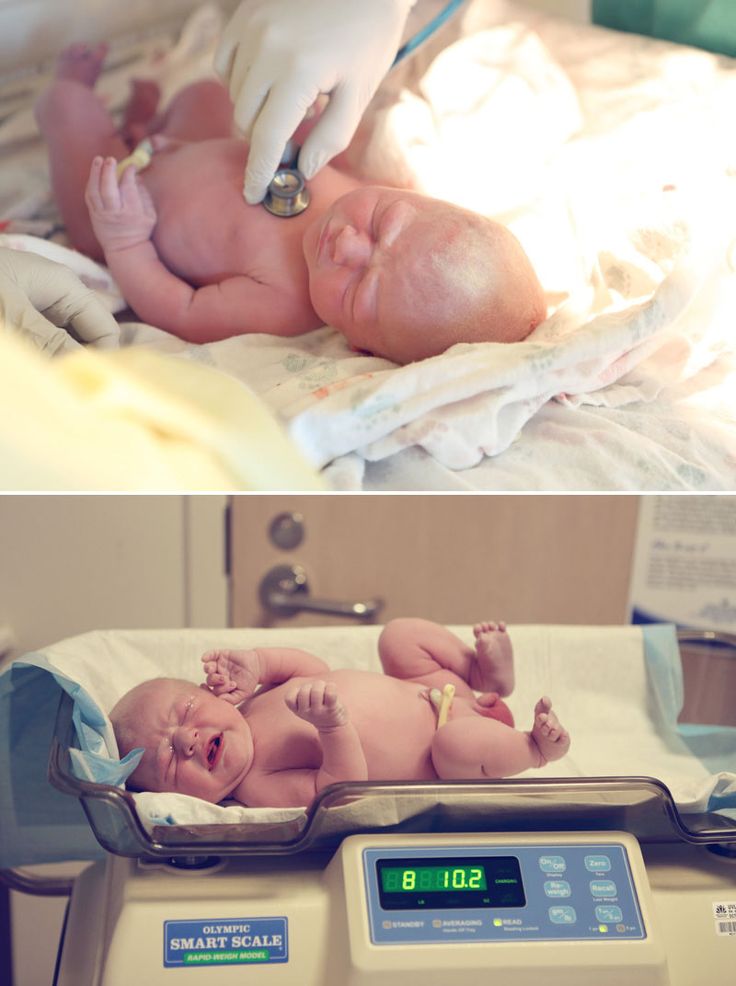 Babies use their whole bodies to feed. The more of their skin they feel against yours, the more likely they are to find the breast and start feeding. Undress your baby down to their nappy and move your clothes out of the way. If you are cold, you can put a blanket round both of you. Even if your baby doesn’t breastfeed yet, it feels lovely, and helps your baby get used to being at or near the breast. Holding your baby against your skin helps you make more milk, too! If your baby can’t tolerate being held in a feeding position, try holding them against your shoulder.
Babies use their whole bodies to feed. The more of their skin they feel against yours, the more likely they are to find the breast and start feeding. Undress your baby down to their nappy and move your clothes out of the way. If you are cold, you can put a blanket round both of you. Even if your baby doesn’t breastfeed yet, it feels lovely, and helps your baby get used to being at or near the breast. Holding your baby against your skin helps you make more milk, too! If your baby can’t tolerate being held in a feeding position, try holding them against your shoulder. - Avoid holding your baby in a feeding position during medical procedures, especially if your baby will be having lots. Offer the breast afterwards instead, if it calms them.
- Try “laid-back” breastfeeding. Try putting your baby tummy-down, on the slope of your body as you recline comfortably (as if you are lying on a sun lounger). Placed like this, they can use their arms and legs to help themselves find the breast and attach well for feeding.
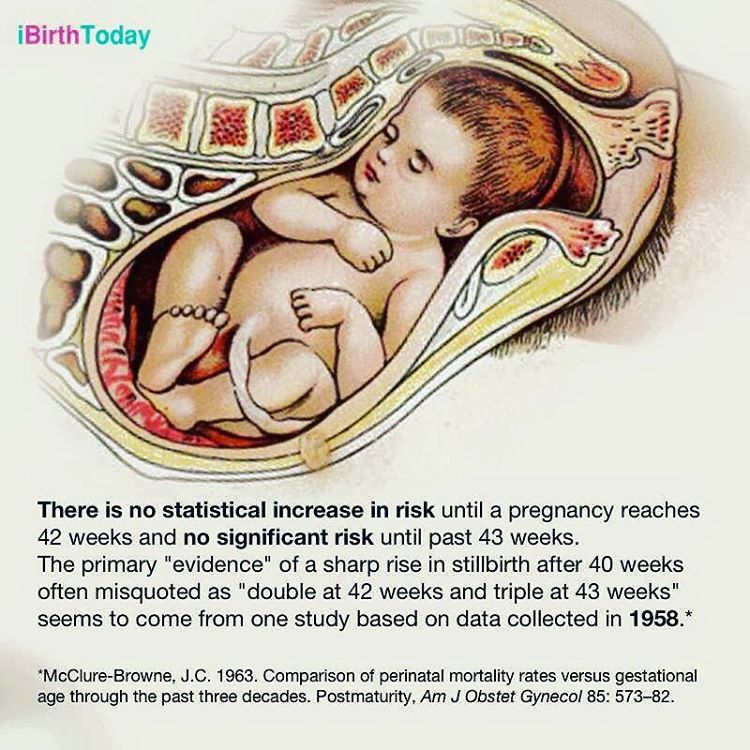 This can work better than trying to “put” the baby to the breast, especially if they have already had difficult experiences of this. This video shows you how. The safest place to do this is in a bed that has been set up following safe sleep guidance. See our article on safer sleep.
This can work better than trying to “put” the baby to the breast, especially if they have already had difficult experiences of this. This video shows you how. The safest place to do this is in a bed that has been set up following safe sleep guidance. See our article on safer sleep. - Turn up the smell! Newborn babies don’t recognise the breast well by sight, though they do recognise your face, and love looking at it. They find the breast mostly by feel and smell. The little bumps around your nipple (Montgomery’s glands) make a scented oil which helps your baby find the breast and encourages them to feed. You can give your baby extra help by expressing a bit of milk and rubbing it on and around your nipples. This can encourage your baby to feed by increasing the smell and giving them something to lick as they approach the breast!
- Try “drip-drop feeding”. Your partner or supporter uses a cup and spoon to drip milk (expressed milk or formula) onto the breast as you hold your baby.
 This can encourage babies to attach and feed. You can watch a video here.
This can encourage babies to attach and feed. You can watch a video here. - Take a bath with your baby. When placed skin-to-skin with their mother in a warm bath, some babies find the breast and feed for the first time. Some mothers even describe it as “a second chance at giving birth”. You could set the scene with low lighting, a candle or soft music. Whether or not your baby is ready to breastfeed yet, sharing a bath can help you and your baby relax together and enjoy each other. Have another adult with you to help you get in and out safely, put the baby on you and wrap them in a warm towel when they are ready to get out.
- “Wear” your baby. Babies who are kept close in a sling or soft carrier cry less, are calmer and warmer than babies who are put down by themselves. Being carried is good for babies’ physical & emotional development and helps parents and babies make strong connections. If your baby is not breastfeeding yet, carrying them close, as much as you want, is an excellent way to help them feel comfortable near the breast.
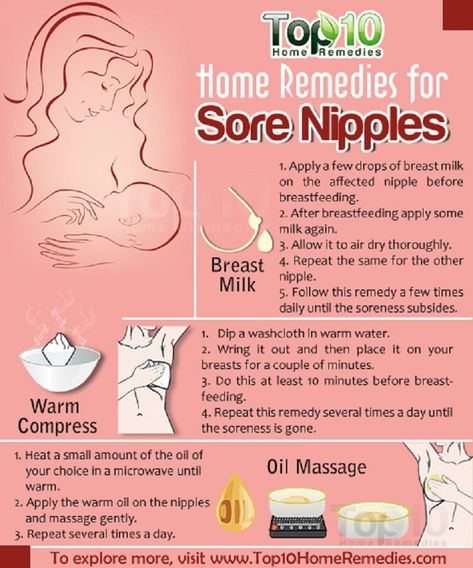 Always follow the instructions for your sling or carrier and the rules for safe babywearing. You can read more about babywearing in this book.
Always follow the instructions for your sling or carrier and the rules for safe babywearing. You can read more about babywearing in this book. - Feed your baby at or near the breast. If your baby will go to the breast at all, consider using a nursing supplementer so your baby can have extra milk while they breastfeed. This can be helpful when milk supply is low and/or your baby is frustrated by the speed of milk flow at the breast. If your baby is fed by cup or bottle, try feeding them skin-to-skin with their cheek against your breast. Let your baby end the feed by sleeping with their cheek pillowed on the breast.
- Consider sleeping with your baby. Some babies will attach and feed in their sleep if the breast is near enough to smell and feel. Always consider sleep safety before sleeping with your baby in your bed. It is never safe to sleep with a baby on a sofa. You can read more about sleep safety and normal baby sleep in LLL’s book Sweet Sleep.

Babies with low muscle tone (hypotonia)
A baby who has been diagnosed with a condition that makes them hypotonic, or ‘floppy’, may show little interest in breastfeeding. To make feeding easier:
- Support your breast. Tuck a rolled-up cloth under your breast close to your chest wall, or support your breast with your thumb on one side of the areola, fingers on the other side.
- Support your baby’s chin. If your thumb is parallel to your baby’s upper lip, you can use your index finger to put gentle pressure just behind the bony part of the chin while your baby feeds.
- Try upright positions. A hypotonic baby often feeds better held with their head higher than their bottom.
- Breast compression can also be helpful, but you may also need to give some expressed milk until your baby’s muscle tone improves. Breast compressions are explained in more detail in “My baby needs more milk”.

If your baby suddenly becomes floppy and you don’t know why, seek medical advice.
Baby steps
When you are keen to breastfeed, but your baby isn’t yet ready, it can be frustrating. Don’t forget to celebrate how far you have already come! Every time your baby enjoys being held close to your body, or falls asleep near your breast, they are taking another “baby step” towards breastfeeding. Your baby is doing the best they can for now, and so are you.
When breastfeeding is stressful
When breastfeeding is difficult for your baby, it may become stressful for both of you. Babies who have had unhappy experiences at the breast can develop negative associations with breastfeeding. This might happen, for example, when:
- A baby is in pain or discomfort e.g. from birth injury or allergy.
- A sensitive baby is handled at the breast in a way they don’t like, e.g., if a helper tries hard to “put” the baby to the breast when they aren’t ready.
- Milk supply is low.
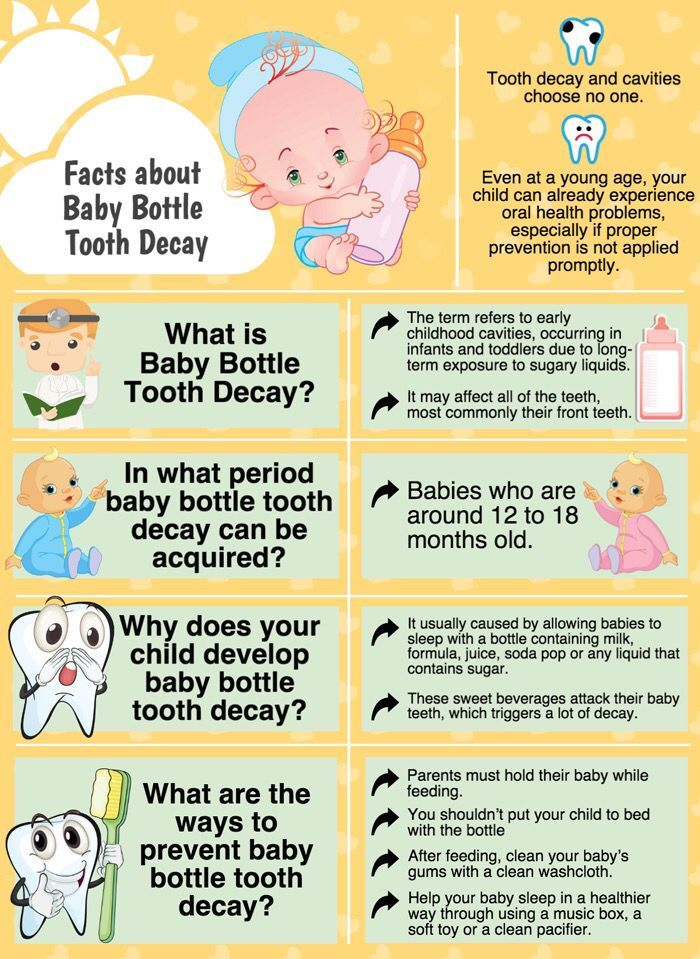
- A baby has a physical restriction (e.g., tongue tie) that makes attaching and sucking difficult.
A baby who is finding feeding difficult may become upset:
- A short time into the feed, when milk flow slows down.
- At the start of the feed, when milk doesn’t come straight away.
- When offered the breast.
- When put in a breastfeeding position.
- When they see the breast.
When feeding isn’t going well, babies may come to associate the breast with hunger and frustration. They may develop a preference for another feeding method, such as a bottle, if they associate it with feeling full and satisfied. You can find some ideas on how to keep your baby’s relationship with the breast positive here: using donor milk & formula milk to support breastfeeding
The ideas in the previous section (“Setting the scene for breastfeeding – happy time at (or near) the breast”) can help your baby learn that the breast is a lovely place to be, and to associate it with calm, relaxation, comfort, and satisfaction rather than hunger and frustration.
Take a break
If breastfeeding has become very stressful for you and your baby, you might need a “breastfeeding break”. You could stop trying for a few days, whilst expressing your milk to keep your baby fed and keep your milk flowing. When you’re both ready, you can try again. There is no rush! Dr Christina Smillie, an American doctor who specialises in breastfeeding medicine, calls this “rebooting the baby”.
What if my baby is still not breastfeeding?
When you are eager to breastfeed, it is hard to wait. It is not uncommon for babies to need time to begin breastfeeding well. You might be encouraged by hearing the stories of other parents whose babies took time to get going.
If your baby is still not breastfeeding even with time, patience and some of the tips in this article, there will be a reason why. A skilled breastfeeding supporter can help you find out, and work towards breastfeeding. Some babies need medical care, some benefit from feeding tools such as nipple shields and a few need treatment for tongue tie.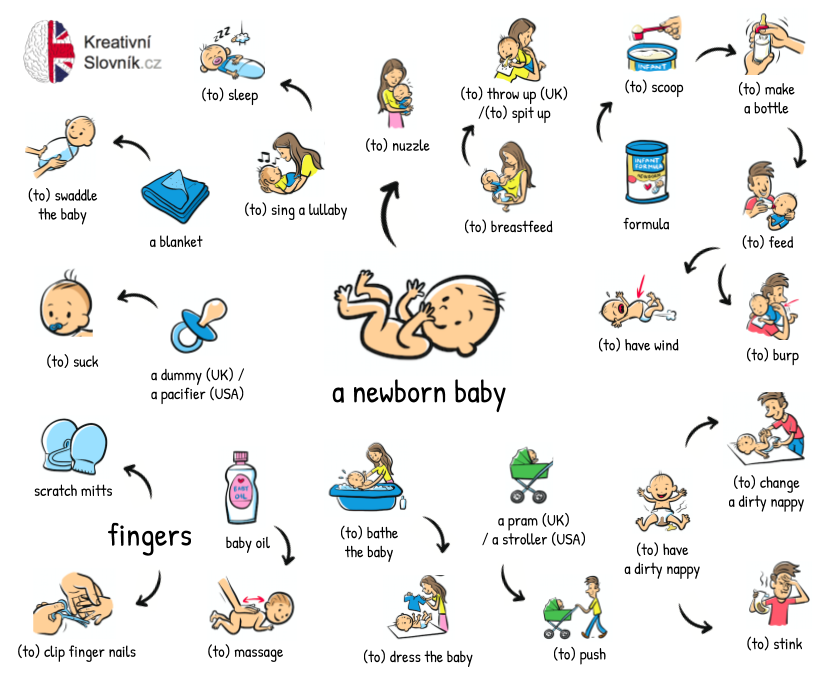 Many just need a little more time.
Many just need a little more time.
A few babies never do breastfeed. Some have a medical condition that makes it impossible. Very rarely, we never find out why. You don’t have to feed your baby directly from the breast to give them the many benefits of your milk or to nurture them at your breast. We can support you to have a close, happy feeding relationship with your baby, whatever form that takes.
La Leche League Leaders (breastfeeding counsellors) can help. You can find your local group, and LLL Zoom Meetings all over the country, at https://www.laleche.org.uk/find-lll-support-group/
Jayne Joyce, LLL Oxfordshire & Karla Napier, LLL Edinburgh, April 2022
Poor appetite in a newborn
Newborns and infants almost immediately after birth acquire a sucking reflex and, accordingly, feeling hungry, require it to be satisfied. Mother's breast milk is the most useful and necessary food for the growth and development of the baby. Therefore, if a baby suddenly loses appetite, does not gain weight, refuses to breast or a bottle, there are a number of reasons for this, which you need to figure out and understand what is wrong. If the refusal of food occurred once, there is no need to sound the alarm. But in the case of a regular repetition of the situation, it is better to turn to pediatrician who can help a little person and mother to improve nutrition.
If the refusal of food occurred once, there is no need to sound the alarm. But in the case of a regular repetition of the situation, it is better to turn to pediatrician who can help a little person and mother to improve nutrition.
So, what are the causes of poor appetite in a newborn? Why is he not gaining weight and with crying he throws his mother's breast or a bottle?
- Special structure of the mother's nipple. Because of the inverted or flat nipple, feeding is difficult for the baby, he needs to make a lot of effort to get milk. If the baby does not eat for this very reason, then his smacking of his lips, anxiety and crying as soon as he is at the mother's breast will be indicative. In such a situation, the mother will have to express milk or feed in a certain position that is comfortable for the baby so that the baby can get enough milk. nine0014
- Intestinal colic . Such cramping pains in the tummy most often occur in the first weeks after birth, when the not yet fully formed gastrointestinal tract can not cope with the incoming milk or mixture.
 As a result, the child suffers from increased gas formation, and his appetite is sharply reduced. If the baby twists his legs during feeding, pulls them up to his stomach, starts crying abruptly and interrupts feeding, most likely it is colic.
As a result, the child suffers from increased gas formation, and his appetite is sharply reduced. If the baby twists his legs during feeding, pulls them up to his stomach, starts crying abruptly and interrupts feeding, most likely it is colic. - Dysbacteriosis. Does the baby spit up often, he develops skin rashes , does he gain weight poorly and eats very little for feeding? Most likely, this is a dysbacteriosis that causes a loss of the baby's appetite. Probiotics and a diet for the mother, prescribed by a pediatric specialist, will help in this case and normalize the process in the child's gastrointestinal tract.
- Lactase deficiency. Lactose intolerance, which is contained in milk, may cause a newborn to refuse food. No need to be upset if the child does not eat due to the lack of the necessary enzyme in the body. Lactase deficiency is treated, and this is not at all a reason to wean a child from the breast.
 A good pediatrician will prescribe treatment for the baby and help to cope with such difficulties. nine0014
A good pediatrician will prescribe treatment for the baby and help to cope with such difficulties. nine0014 - Runny nose . If the baby has a stuffy nose, most likely he does not eat well or refuses to eat at all. Eliminating congestion of the respiratory tract, you normalize the process of feeding.
- Thrush and/or inflammation in the mouth is a common ailment in infants. Small white sores, plaque and redness of the mucosa indicate an inflammatory process in the oral cavity that prevents the baby from receiving milk normally.
- Teething . If the baby's first teeth began to cut, then this painful and unpleasant moment can greatly affect the child's appetite.
- Taste of mother's milk . If a nursing mother ate some kind of spicy or strong-smelling product, then this immediately affects the taste of milk. Garlic, various spices can change the taste of food familiar to the child and lead to loss of appetite in the baby.
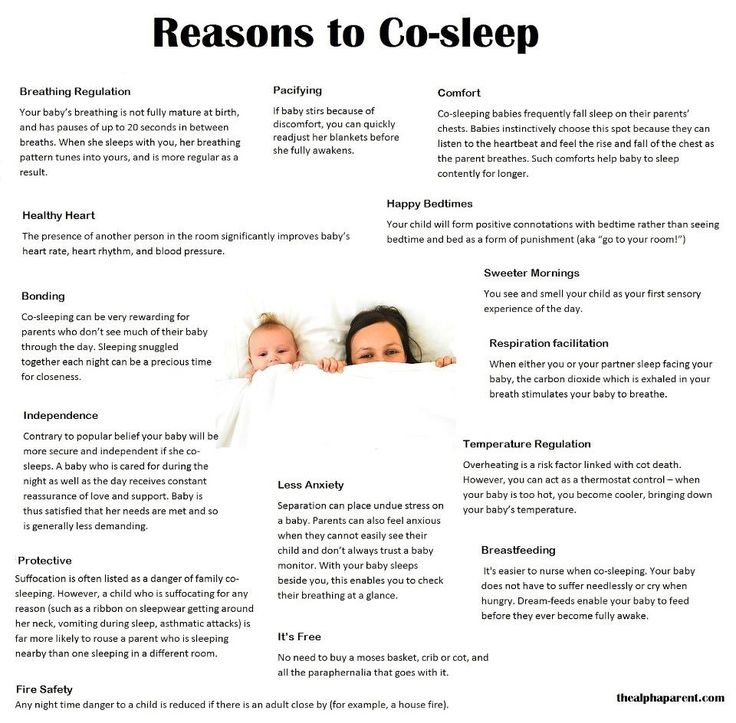
- Lactational mastitis in a nursing mother. Inflammation of the mammary gland, pain and induration, fever can be symptoms of this disease. The child in this case loses its appetite and refuses to breastfeed. At the first symptoms of mastitis, the mother should definitely consult a doctor. nine0014
- Hypothyroidism in newborns. Reduced thyroid function in infants leads to mental and physical retardation, as well as loss of appetite. Pediatric endocrinologist will be able to determine the presence or absence of this disease in the baby.
- Otitis. If the baby starts to eat, and immediately throws a bottle or breast with crying, raises his hands to his ears, turns his head - this may indicate inflammation in the ears, in which it is painful for the child to swallow. Otitis media must be treated in pediatric ENT doctor .
It is rather difficult to spontaneously get an appointment with a pediatric specialist in St. Petersburg. If you urgently need to show your baby to a doctor, you can make an appointment with a pediatrician at the Medicenter Medical Center, where in a calm and friendly atmosphere the baby will be carefully examined and the mother will be asked in detail by a sensitive pediatric specialist with many years of experience working with children. If necessary, he can send the baby for additional examinations, tests and cultures, which can also be taken at our center or call the children's specialists of our center at home. nine0007
Structural subdivision
Polikarpova
Alley Polikarpova 6k2
Primorsky district
- Pioneer
- Specific
- Komendantskiy
Structural subdivision
Zhukov
Prospekt Marshala Zhukov 28k2
Kirovsky district nine0007
- Avtovo
- Veterans Avenue
- Leninsky Prospekt
Structural subdivision
Devyatkino
Okhtinskaya alley 18
Vsevolozhsk district
- Devyatkino
- Civil Avenue
- Academic nine0061
You can get detailed information and make an appointment by calling +7 (812) 640-55-25
Make an appointment
Newborn does not eat anything: is it worth sounding the alarm?
Baby Further In the first weeks of life, the baby may be lethargic, sleepy, flatly refuse to breastfeed, or eat very little. Why is this happening and is it worth worrying about? Let's figure it out. nine0007
Causes of the hunger strike
Pediatricians explain the strange behavior of the baby in the first weeks of life by the following factors: During this period, he can be capricious and lethargic. In this state, he simply does not want to eat, and if he briefly attaches to your chest, making only a few sucks in two or three hours, this is enough for him. If, within 5-7 days after birth, the baby continues to refuse food, this is a cause for concern. The baby may have a short tongue frenulum, a weak sucking reflex, an imperceptible splitting of the palate. These physiological features can prevent the baby from taking the breast. If in the first days they began to feed the baby with a formula from a bottle, this is another reason why the baby will refuse milk. He will understand that sucking a rubber nipple is much more convenient and easier than his mother's breast.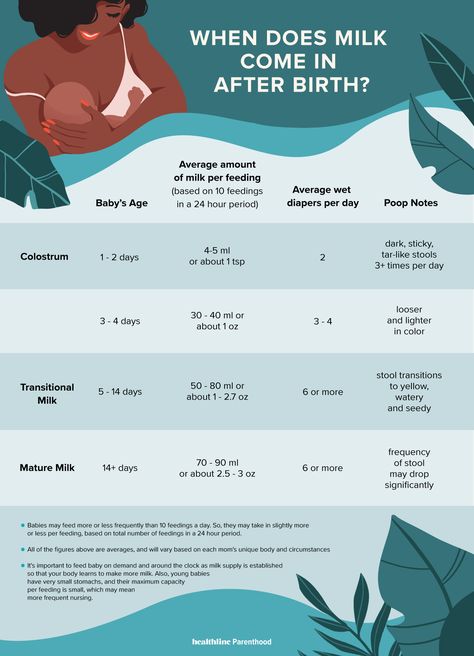 nine0014
nine0014
- Mother's condition
The process of lactation can start only on the third or fifth day after childbirth. This is completely normal. If the baby is attached to the breast, but quickly abandons it, it is possible that he simply has nothing to suck from it yet. In this case, the baby is supplemented with mixtures or water with a glucose solution, and then transferred to breastfeeding. If you have milk, but the baby does not show interest in it, the matter may be in the medicines that were administered to you during childbirth. Painkillers enter the child's blood and do not leave his body for several days. During this period, the baby becomes lethargic and eats almost nothing. His condition should return to normal by the end of the first week, and then he will start eating with appetite. nine0014
- Breast structure
Your breasts may swell after childbirth, making it difficult for the baby to take your breast.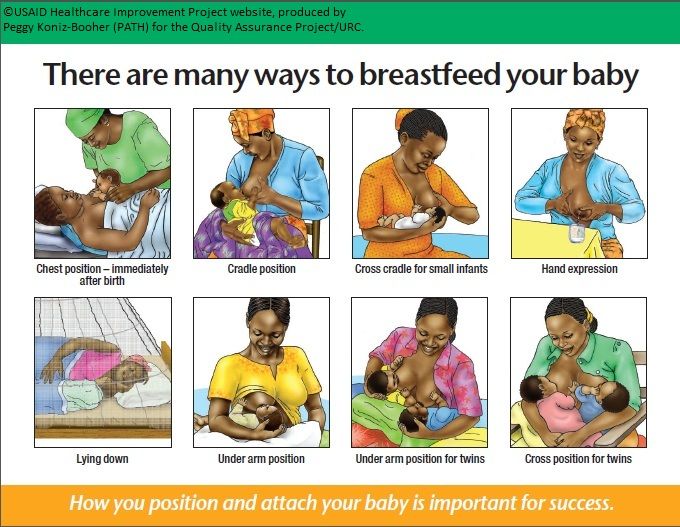 Another reason is sunken or flat nipples. This form prevents the baby from sucking milk.
Another reason is sunken or flat nipples. This form prevents the baby from sucking milk.
- Pungent odor
Perhaps things are much simpler. If you use body cream or oils, the baby may be repelled by an unfamiliar smell. It is not necessary to apply cosmetics to the skin before feeding. nine0014
- Harmful traditions
It used to be that a newborn must eat every three hours. Therefore, the staff of the maternity hospital often begins to forcibly apply the baby to the breast, although he is not yet ready for this. If the baby resists, they can bottle feed him, which is even worse. As a result, the baby will not immediately want to suck mother's milk voluntarily.
Important! All of these problems can be solved, so don't worry. The alarm should only be sounded when the baby stops gaining weight or begins to lose it. If in the first month the baby did not gain 500-700 grams, he should be shown to the doctor. nine0007
nine0007
Solving the problem
There are several ways to stimulate the appetite of a newborn baby:
- The baby must be left alone with the mother. You should lie skin to skin until the baby begins to search for your breast on its own. This may take several hours.
- It is better to put the baby to the breast not according to the schedule, but on demand.
- If the baby refuses to eat within 24 hours of birth, express milk by hand and give it to the baby with a finger. As soon as the baby begins to actively suck, it is gently applied to the breast. If there is no milk or it is impossible to express it, in the first days the baby should be given water with a glucose solution, which is also offered from the finger. If from the first days you feed a baby from a bottle, then he is unlikely to want to get breast milk on his own. nine0014
- Find a lactation specialist early. The sooner you contact him, the better.
